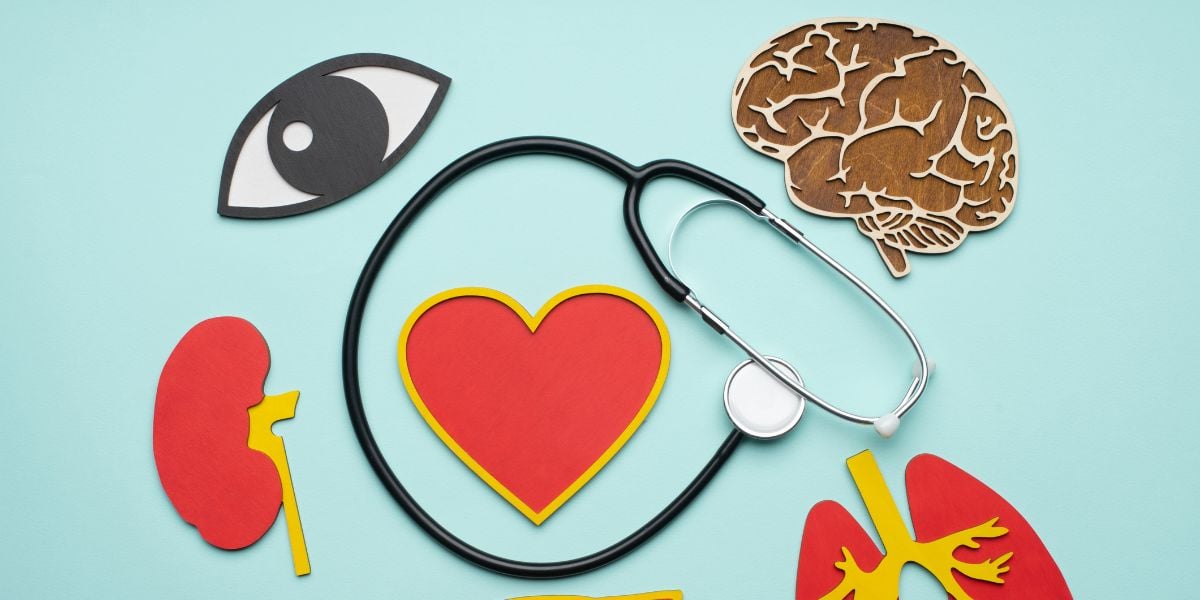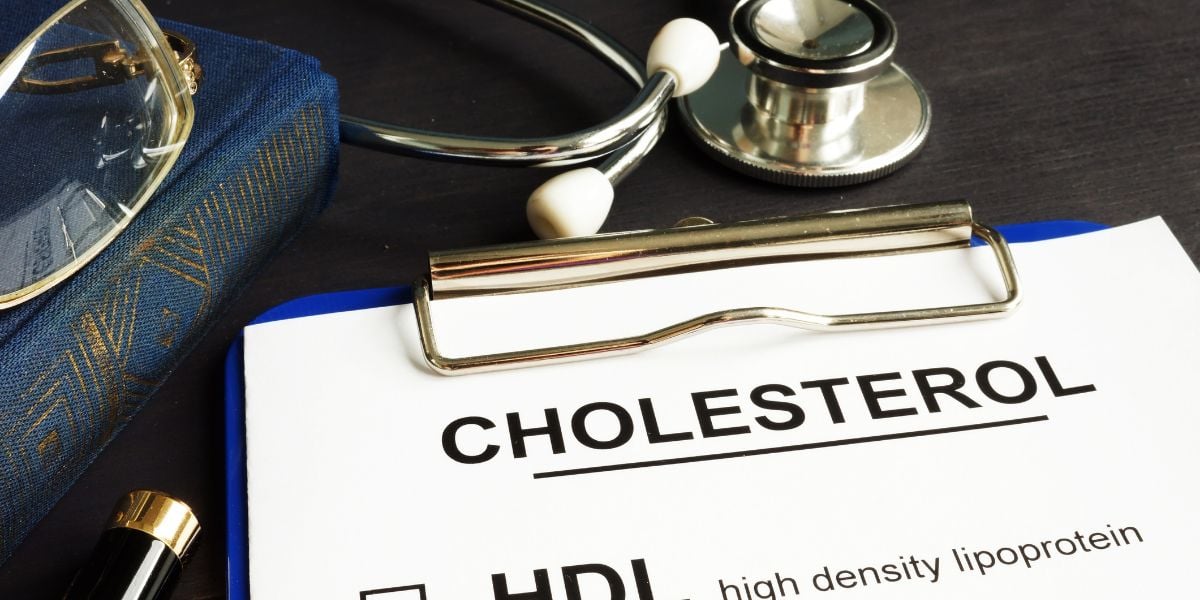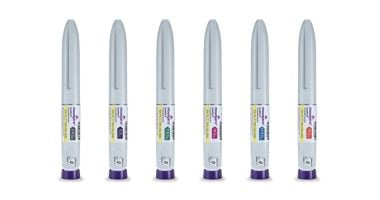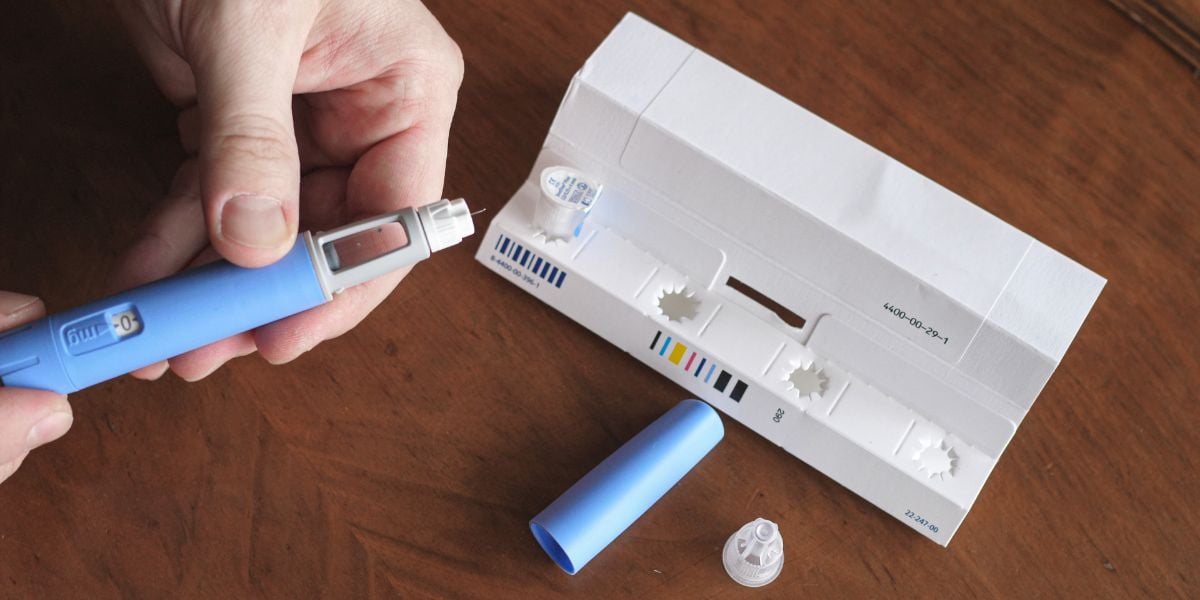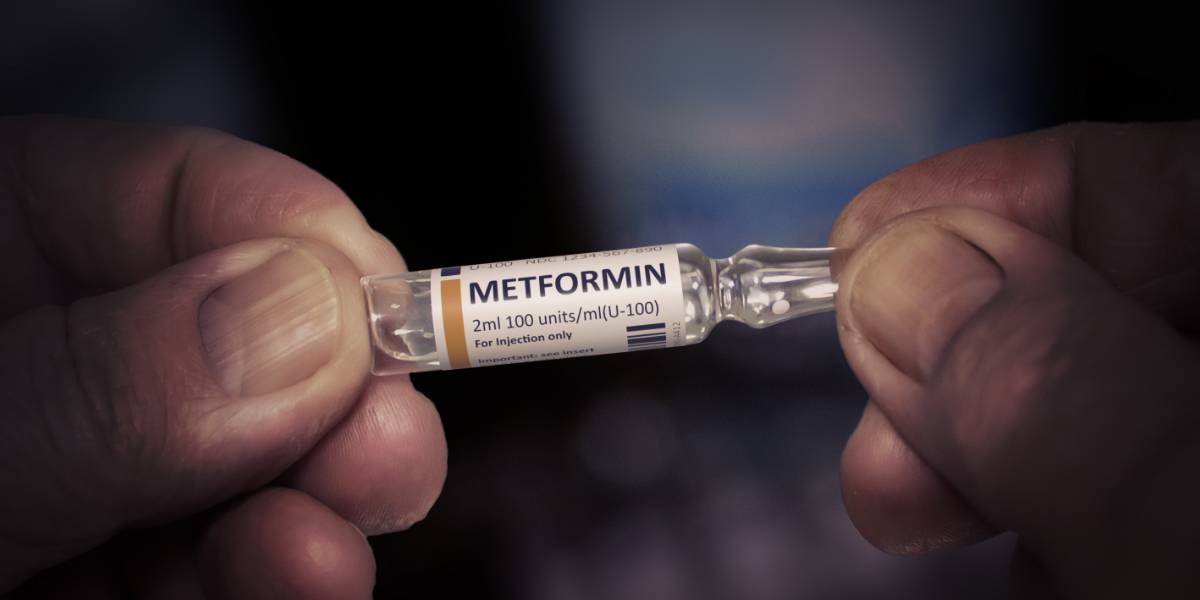Eylea, the trade name of aflibercept, is recommended as a potential treatment for some people with diabetic macular edema (DME).
DME is a form of diabetic retinopathy that occurs when abnormal blood vessels grow on the surface of the retina, leading to vision problems.
About Eylea
- Trade name: Eylea
- Generic name: Aflibercept
- Drug class: Anti-vascular endothelial growth factor
- Manafacturer: Bayer
What is Eylea?
Eylea is a vascular endothelial growth factor (anti-VEGF) drug – this is a drug class that reduces the formation of abnormal blood vessels that damage the retina.
Other anti-VEGF drugs include Lucentis (ranibizumab), which is approved in the UK for patients with DME and impaired vision.
Eylea is marketed in the UK by Bayer and administered to patients by injection through the white of the eye into the fluid within the eye. It is intended for use alongside appropriate measures to control blood sugar levels, cholesterol and blood pressure.
NICE approval
Eylea was approved by the European Medicines Agency for treating DME in 2014 and received approval from the National Institute for Clinical Excellence (NICE) in 2015.
Eylea was granted NICE approval following successful results from two phase II studies – VISTA and VIVID – that showed Eylea improved best corrected visual acuity (BCVA) amongst the majority of participants compared to laser treatment, which is the first line of treatment for patients with DME.
NICE recommends that DME patients should be able to receive Eylea on the NHS if the central retina of their eye is 400 micrometres thick or more before treatment.
How does Eylea work?
Patients are given a single 2mg injection of Eylea every month for five consecutive months, followed by one injection every two months.
After the first 12 months, this treatment interval could be extended depending on its success. This decision would be based on the effect the drug has on a patient’s vision.
Treatment with Eylea should be discontinued if the patient is not receiving any benefit.
How much does it cost?
Eylea costs £816 per vial (according to the NICE technology appraisal 294) and the total cost for treating a patient in the first year is estimated at just less than £7,000, which is based on 8.5 injections. [185]
What are the side effects?
- Eye pain
- Cataracts
- Blurred vision
- Increased pressure inside the eye
Some of the more serious, albeit rarer side effects that can occur from Eylea treatment include retinal detachment and infection inside the eye. [186]
How does Eylea compare to other drugs?
Avastin is a much cheaper drug than Eylea, but it is not recommended by NICE as a DME treatment – although the National Eye Institutes reports that the drug offers similar benefits to Eylea for DME patients.
Avastin has not been approved because Novartis, the makers of the drug, currently make more profit from the other anti-VEGF drug they make, Lucentis
Eylea and Lucentis were compared in a 2015 study in treatment-naïve patients with neovascular age-related macular degeneration (nvAMD), but both were deemed to have similar effects. [187]
